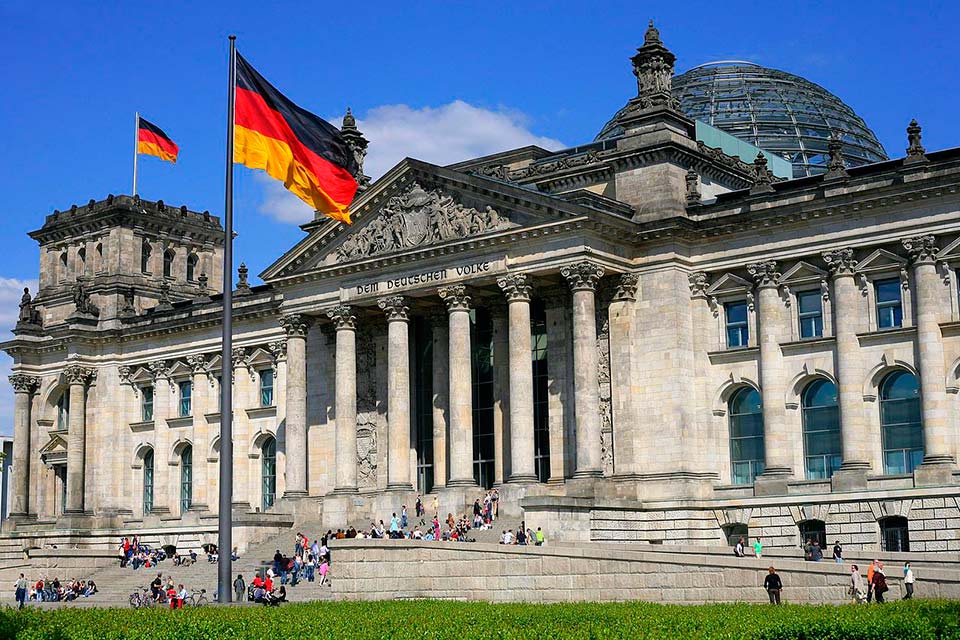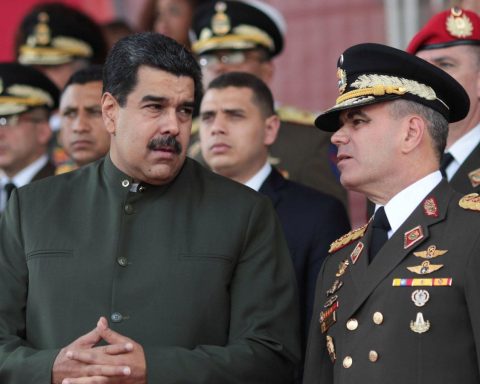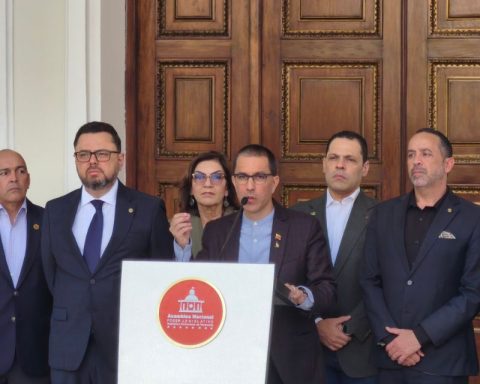The president of Germany highlighted the importance of “political stability” which he considered a “valuable asset” that must be protected in an exceptional context like the current one.
The German president, Frank-Walter Steinmeier, ordered this Friday, December 27, the dissolution of the Lower House of the German Parliament (Bundestag), and confirmed that the general elections will be held on February 23.
“I have decided to dissolve the Bundestag,” said the German head of state in a brief speech at Bellevue Palace, his official residence, as reported. EFE.
Steinmeier responded to the request of the chancellor, Olaf Scholz, after having lost a vote of confidence.
Likewise, the President of Germany highlighted the importance of “political stability” which he considered a “valuable asset” that must be protected in an exceptional context like the current one, in which early elections will be held in 2025.
*Read Also:Triumph of the extreme right in two regional elections generates crisis in Germany
In 2005, Germany also called for early elections in 2005, under Social Democratic Chancellor Gerhard Schröder.
President Steinmeier expressed his conviction that new elections “are the right path” for the well-being of Germany.
Last week, the president met with the different parliamentary groups of the Bundestag: “In times like these we need stability, a reliable Government and a majority in Parliament.”
The head of state explained this Friday that he did not see the emergence of a majority different from the one that had led the country until the breakup in November of the tripartite group made up of social democrats, environmentalists and liberals led by Scholz.
“The next Government has great tasks” to take on, said the German president.
The recession in the European country has seen two consecutive years of economic contraction in 2023 and 2024, the wars in Ukraine and the Middle East and their consequences for the Germans are issues that, for Steinmeier, are part of the tasks that he will have to deal with. the next Executive, as well as the challenge of immigration, integration, climate change and its consequences.
The German president said he hoped with the citizens for solutions from the parties, which are already in the electoral campaign, a race to which “painful truths” and the selection between “priorities” belong.
“Politics is always the negotiation between what is possible and, at the same time, what cannot be,” said Steinmeier in a speech in which he noted that he expects “respect” and “decency” from the electoral campaign, in addition to “transparent means” for the programmatic battle in a context where there are fears of interference in the elections of what is the third largest economy in the world and the first in Europe.
Post Views: 106















